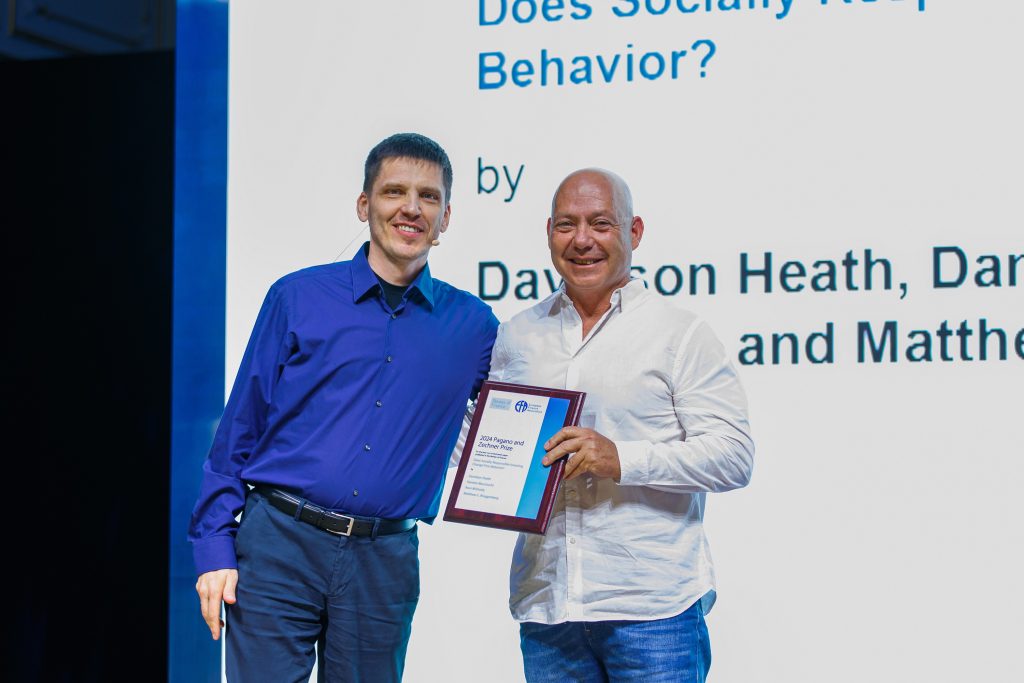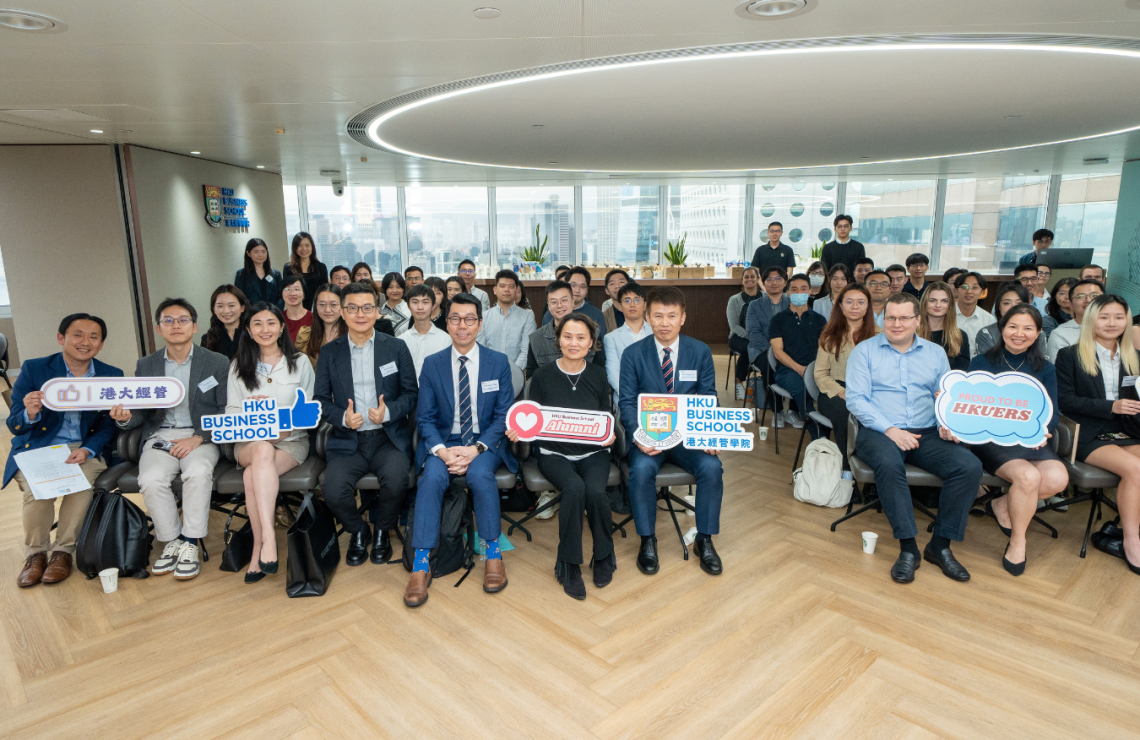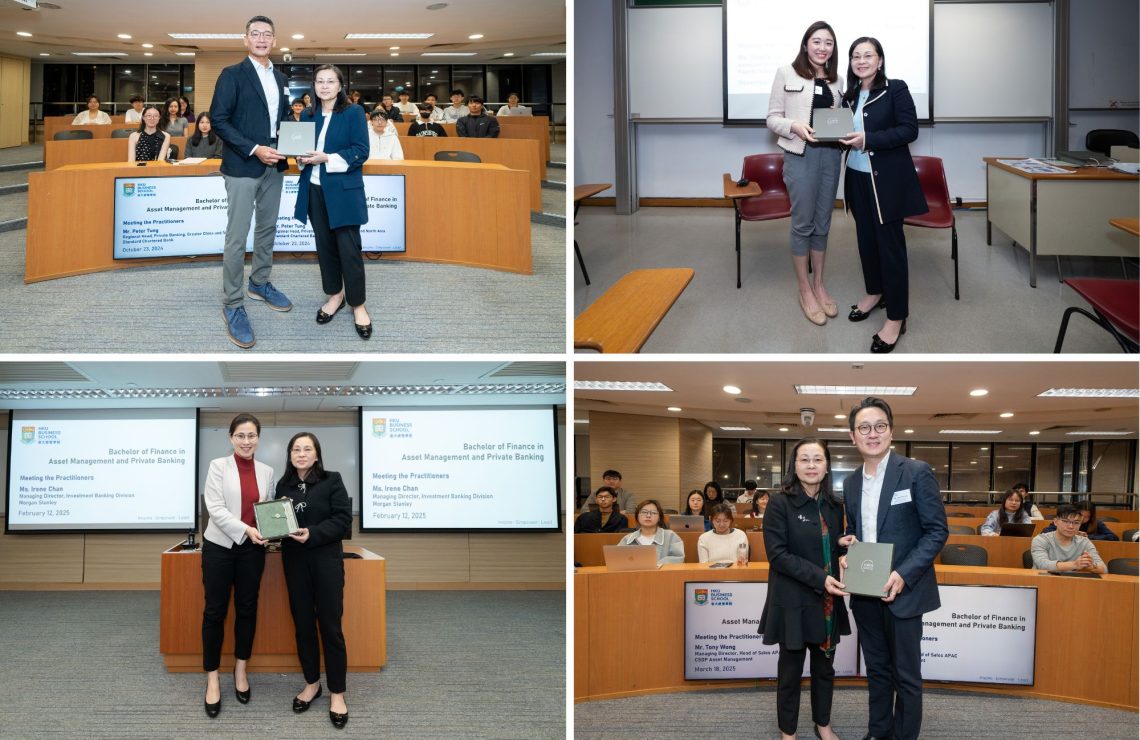
Prof. Roni Michaely wins the Pagano and Zechner Award for the Best Non-investment Paper in the Review of Finance
Congratulations! Prof. Roni Michaely and co-authors’ research “Does Socially Responsible Investing Change Firm Behaviour?”, won the Pagano and Zechner Award for the Best Non-investment Paper published in the Review of Finance. The research highlights the need for alternative approaches to socially responsible investing and potential regulatory responses to ensure that SRI funds deliver on their promises of impact. The debate on the role of institutional investors in shaping a more sustainable future continues.
Key Findings:
- SRI funds are more likely to hold firms with lower pollution, better workplace safety, greater board diversity, and higher employee satisfaction.
- However, SRI funds do not significantly change the E&S conduct of their portfolio firms, despite 81% claiming to do so.
- The incentives of SRI fund managers appear to be aligned with maximizing investor flows rather than driving tangible impact.
These findings suggest that while SRI funds may not be “greenwashing”, they are engaging in “impact washing” – investing in firms with good E&S performance but failing to catalyse meaningful behavioural change.
Access the full research findings: https://doi.org/10.1093/rof/rfad002








